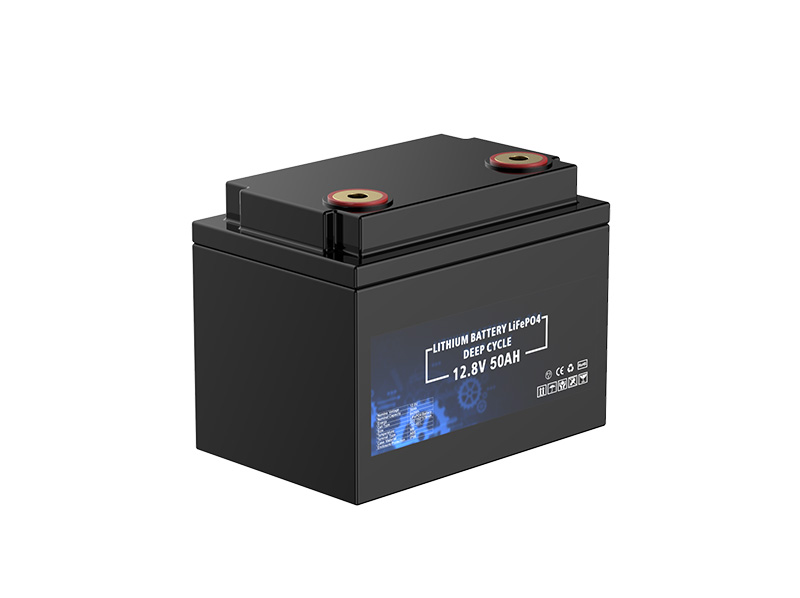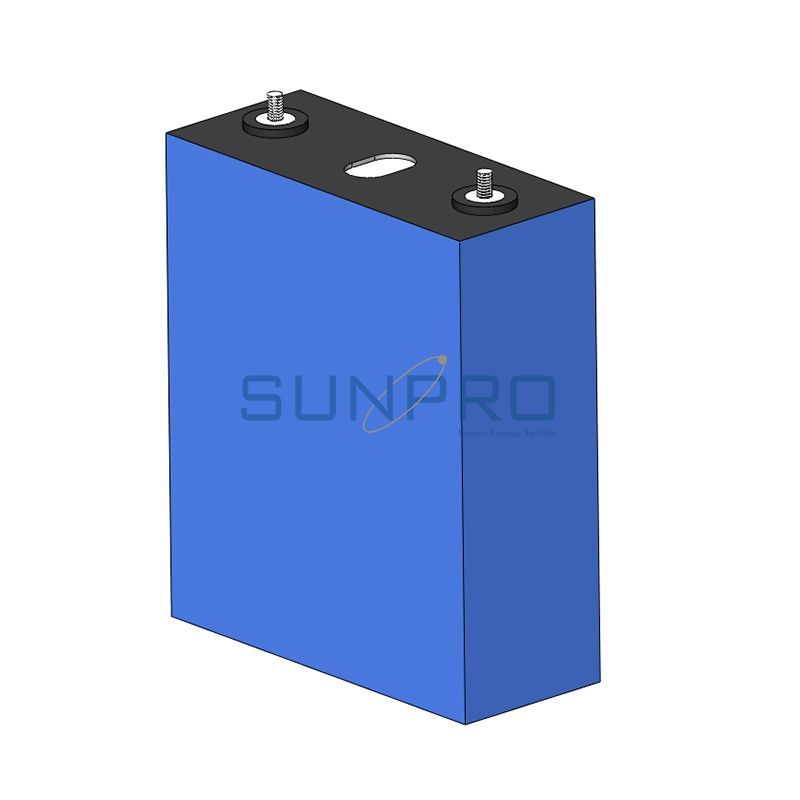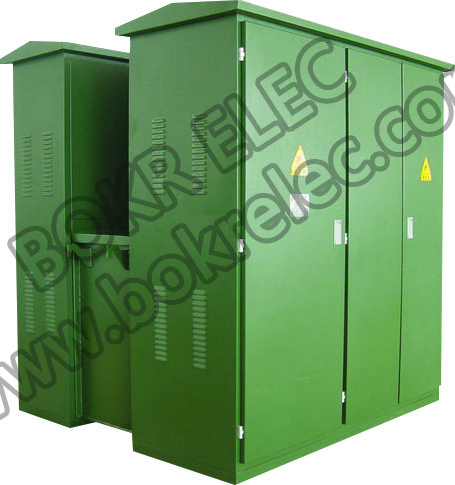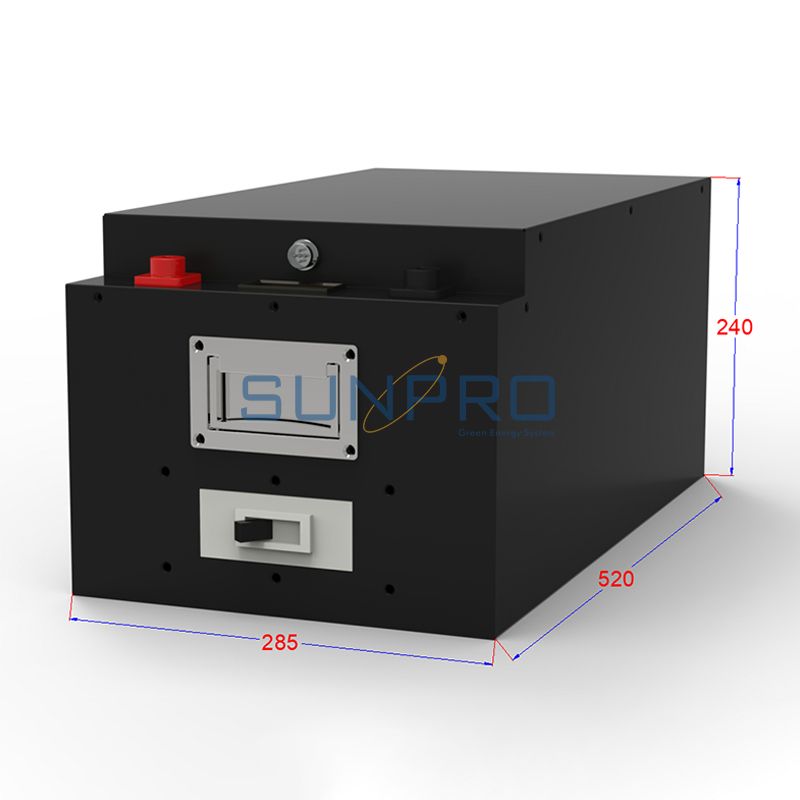Benefits of Precision Air Cooling in Data Centers
In the realm of data management, the efficacy of cooling systems can significantly impact performance and longevity. Precision air cooling systems have emerged as a beacon of efficiency, offering precise temperature control to safeguard the delicate balance within data centers. This article delves into the intricacies of data center cooling system precision air cooling, exploring its functionality, benefits, and best practices for implementation.

Data center cooling system precision air cooling represents a sophisticated approach to temperature management within data facilities. By leveraging advanced technologies and precise monitoring mechanisms, these systems ensure that server rooms maintain an optimal temperature range, mitigating the risk of overheating and equipment failure.
The Science Behind Precision Air Cooling
Precision air cooling relies on a combination of strategic airflow management and temperature regulation techniques to maintain ideal conditions within data centers. By utilizing computer-controlled sensors and airflow patterns, these systems deliver targeted cooling where it's needed most, optimizing energy usage and enhancing overall efficiency.
Benefits of Precision Air Cooling in Data Centers
Embracing precision cooling offers a multitude of benefits for data center operators and businesses alike.
Enhanced Energy Efficiency
By delivering cooling precisely where it's needed, these systems minimize energy waste, leading to substantial cost savings and reduced environmental impact.
Improved Equipment Reliability
Stable temperatures provided by precision air cooling systems contribute to increased equipment reliability, reducing the risk of downtime and hardware failures.
Implementation Best Practices
Deploying a precision air cooling system requires careful planning and execution to maximize its effectiveness.
Additional reading:What Does LCD Stand For?
Electric Boat Winches vs. Manual Boat Winches: Pros and Cons
How long can a UPS Uninterruptible Power System provide backup?
Does capacitor have AC or DC?
Does capacitor allow AC or DC Why?
What is Capacitor Working Principle?
Which Capacitor is Most Commonly Used?
Strategic Airflow Management
Optimizing airflow patterns within data centers is crucial for ensuring uniform cooling and preventing hotspots.
Regular Maintenance and Monitoring
Routine maintenance and proactive monitoring are essential for detecting potential issues early and ensuring continuous operation.
Challenges and Considerations
Despite its numerous benefits, implementing precision air cooling systems presents certain challenges and considerations for data center operators.
Initial Investment
The upfront cost of deploying precision air cooling systems can be significant, requiring careful budgeting and resource allocation.
Innovations in Precision Cooling Technology
Advancements in precision cooling technology continue to drive improvements in efficiency, performance, and scalability.
Liquid Cooling Solutions
Liquid cooling solutions represent a cutting-edge approach to data center cooling, offering enhanced efficiency and reduced environmental impact.
Conclusion
In conclusion, data center cooling system precision air cooling stands as a testament to innovation and efficiency in the realm of data management. By leveraging advanced technologies and strategic cooling techniques, these systems ensure optimal performance, reliability, and energy efficiency, paving the way for a more sustainable and resilient data infrastructure.
Additional reading:What are three 3 uses of a capacitor?
Do All AC Motors Need a Capacitor?
Is Capacitor Power Positive or Negative?
Can Capacitor Convert AC to DC?
How a Capacitor is Charged?
What are the factors affecting capacitor?
Understanding Shunt Capacitors and Their Importance in Power Systems











